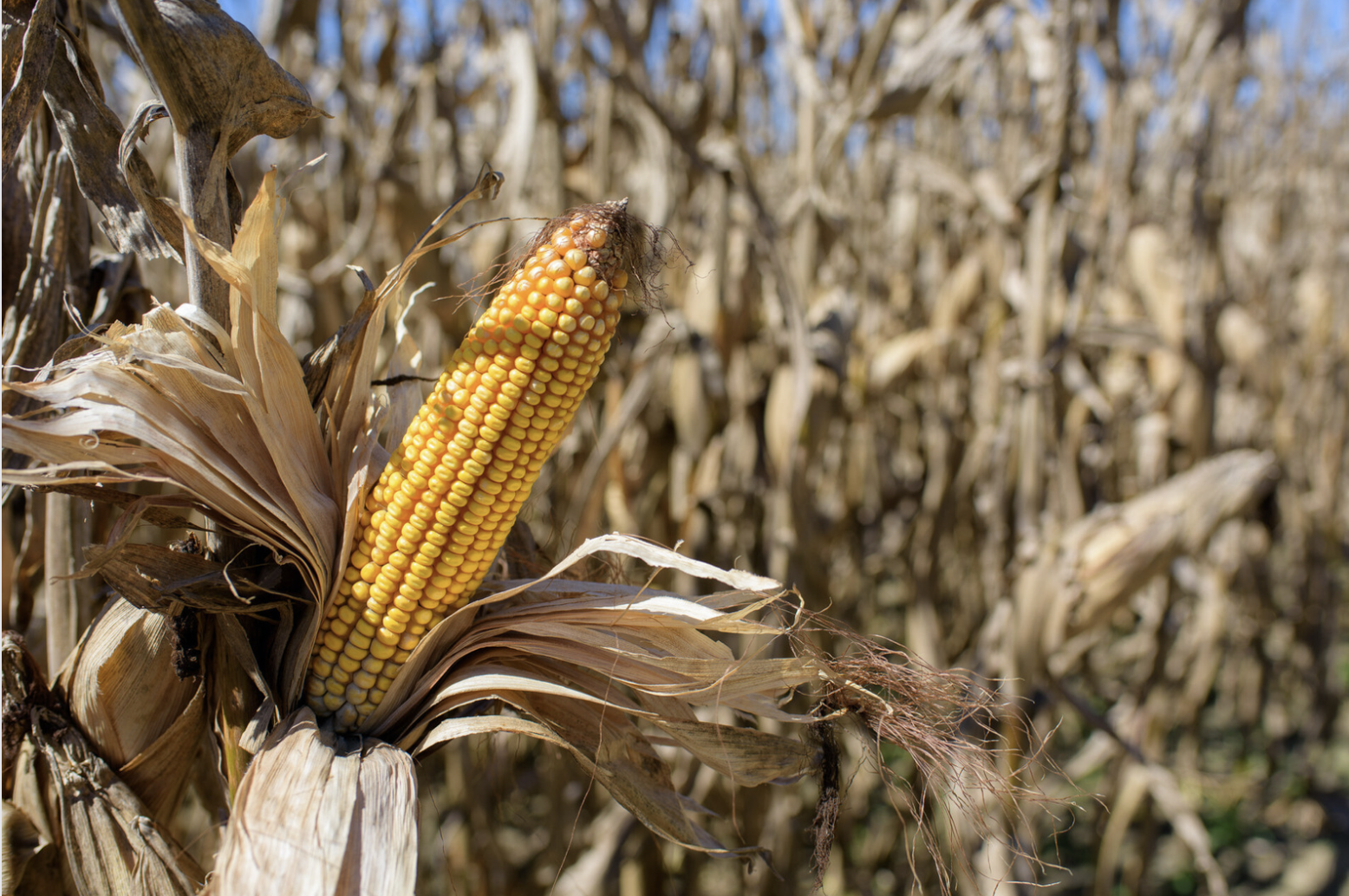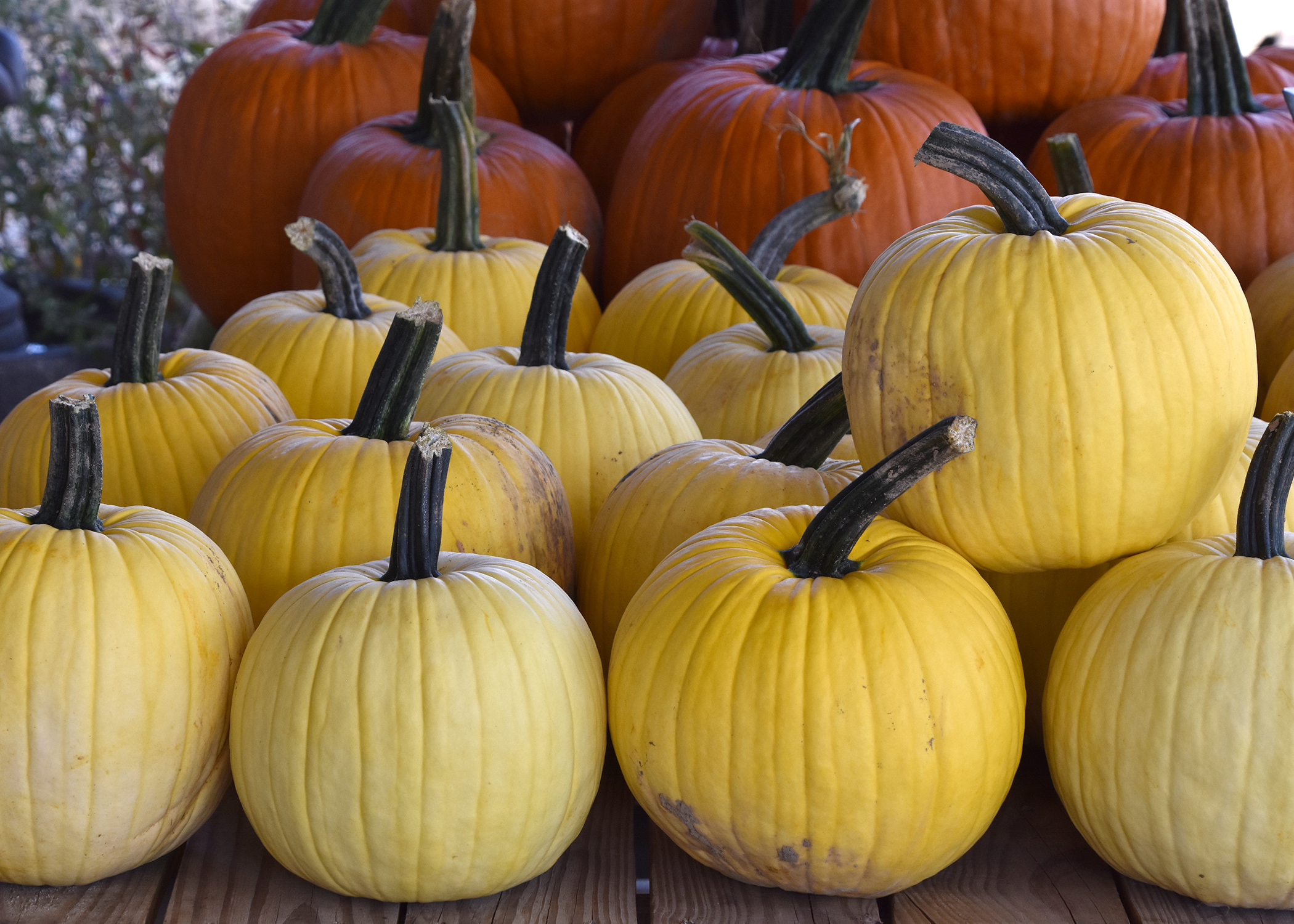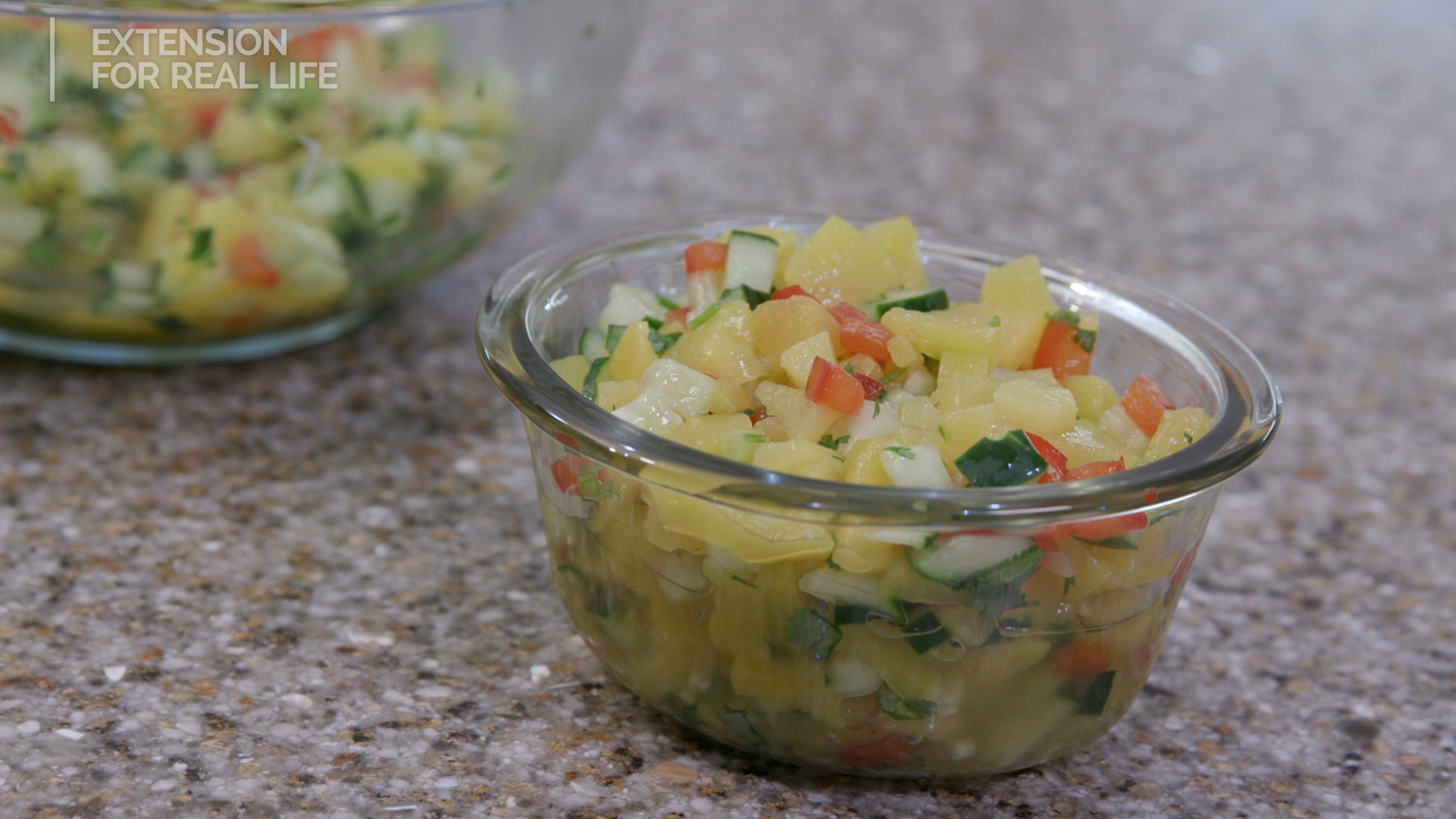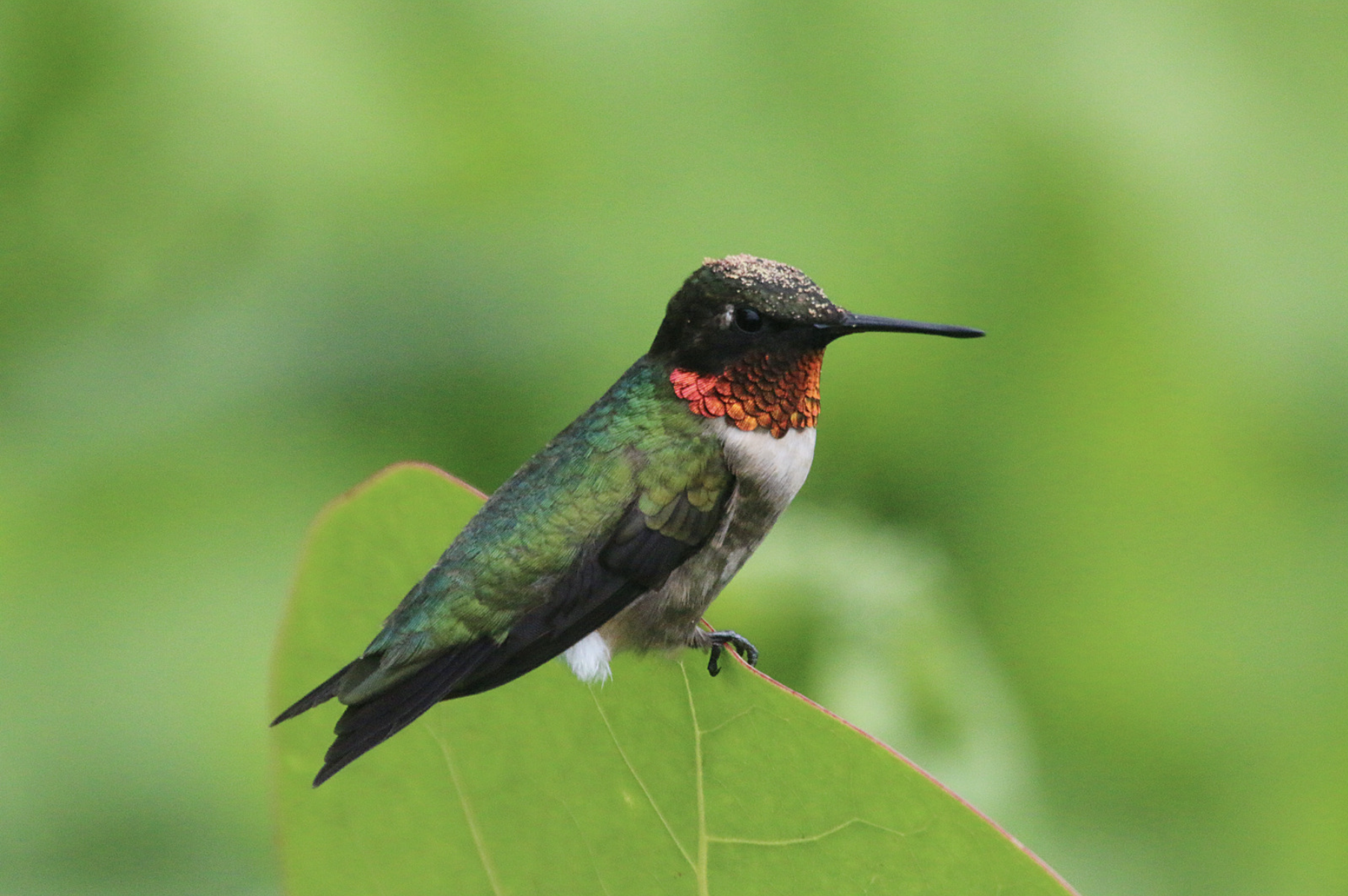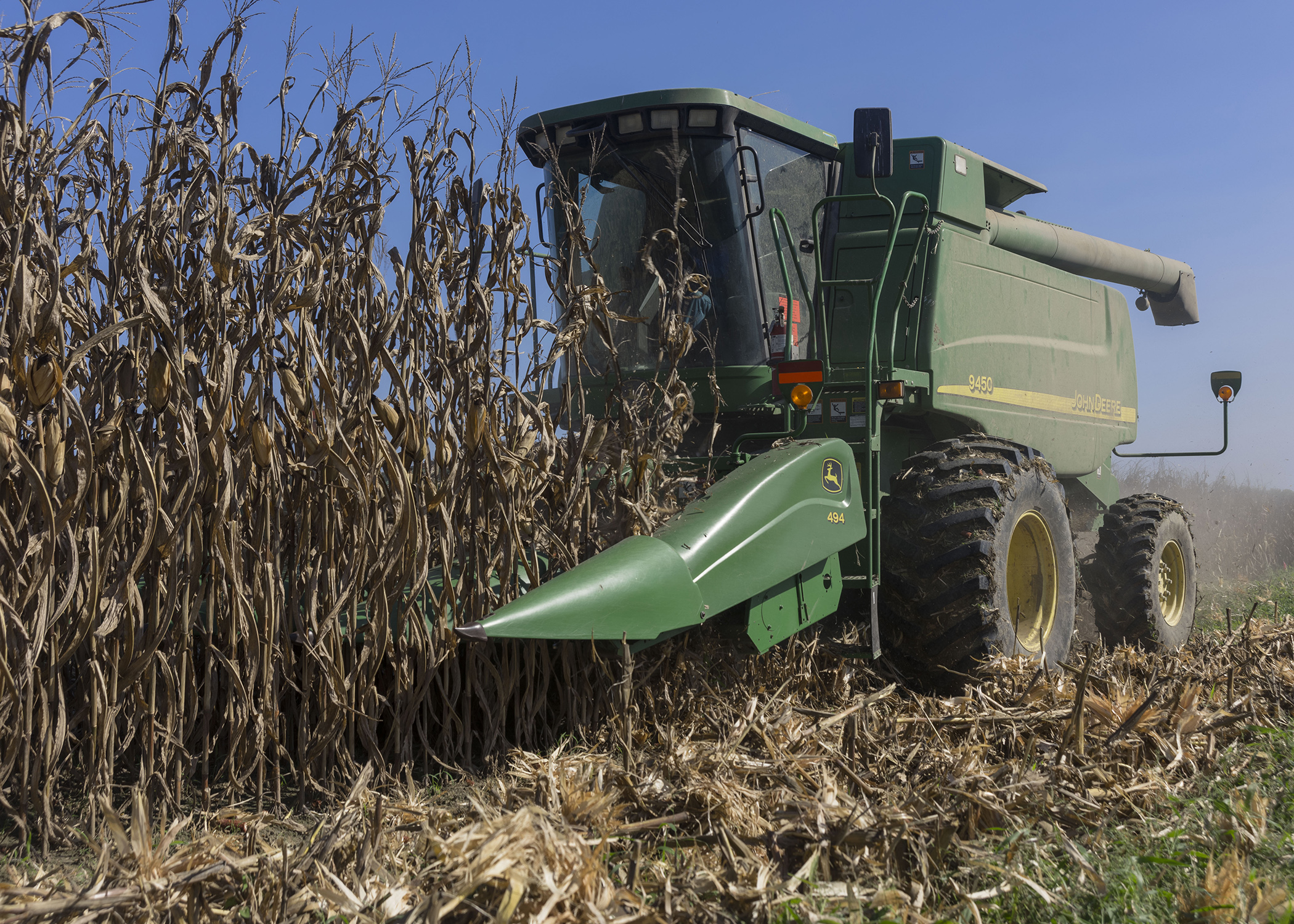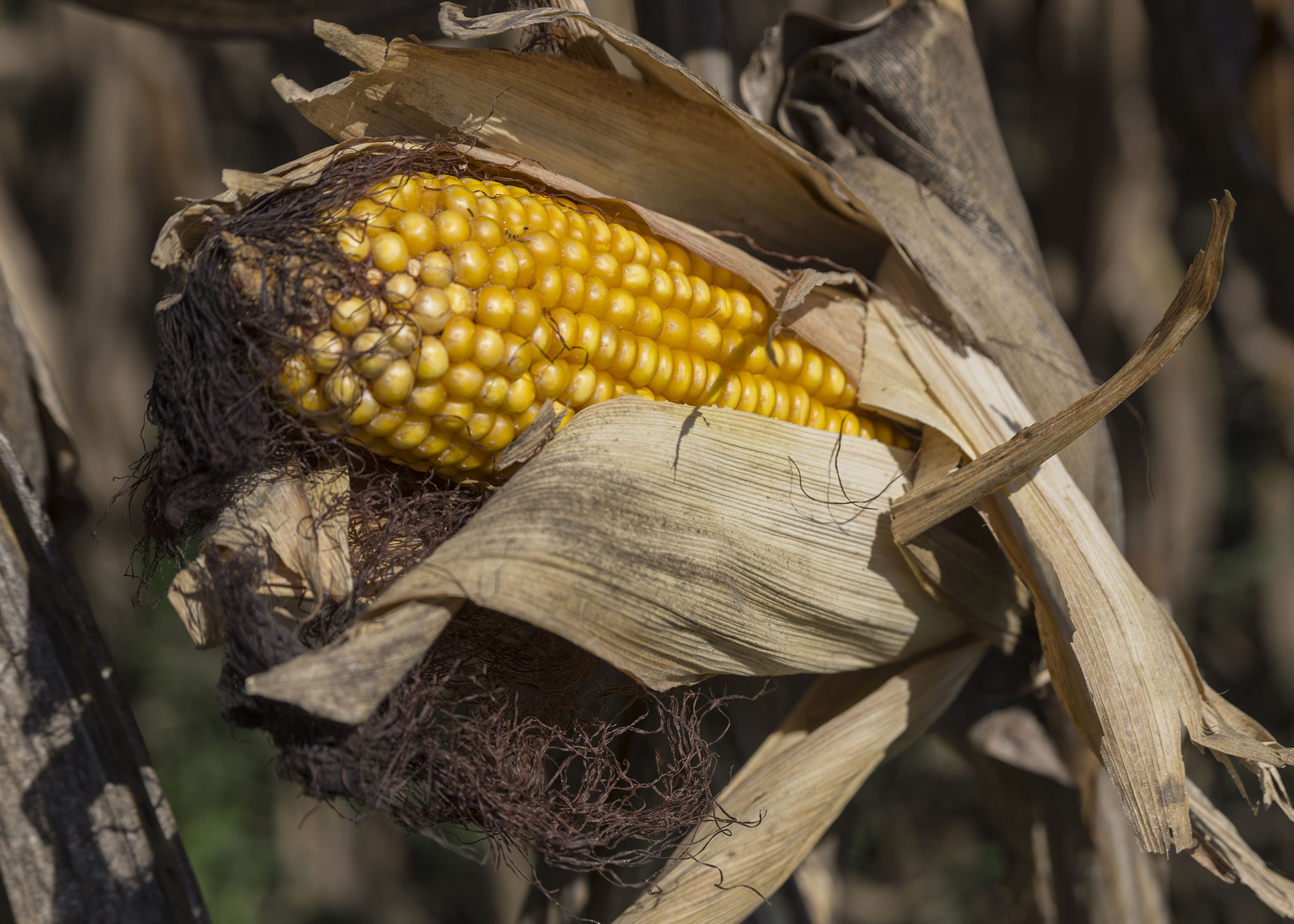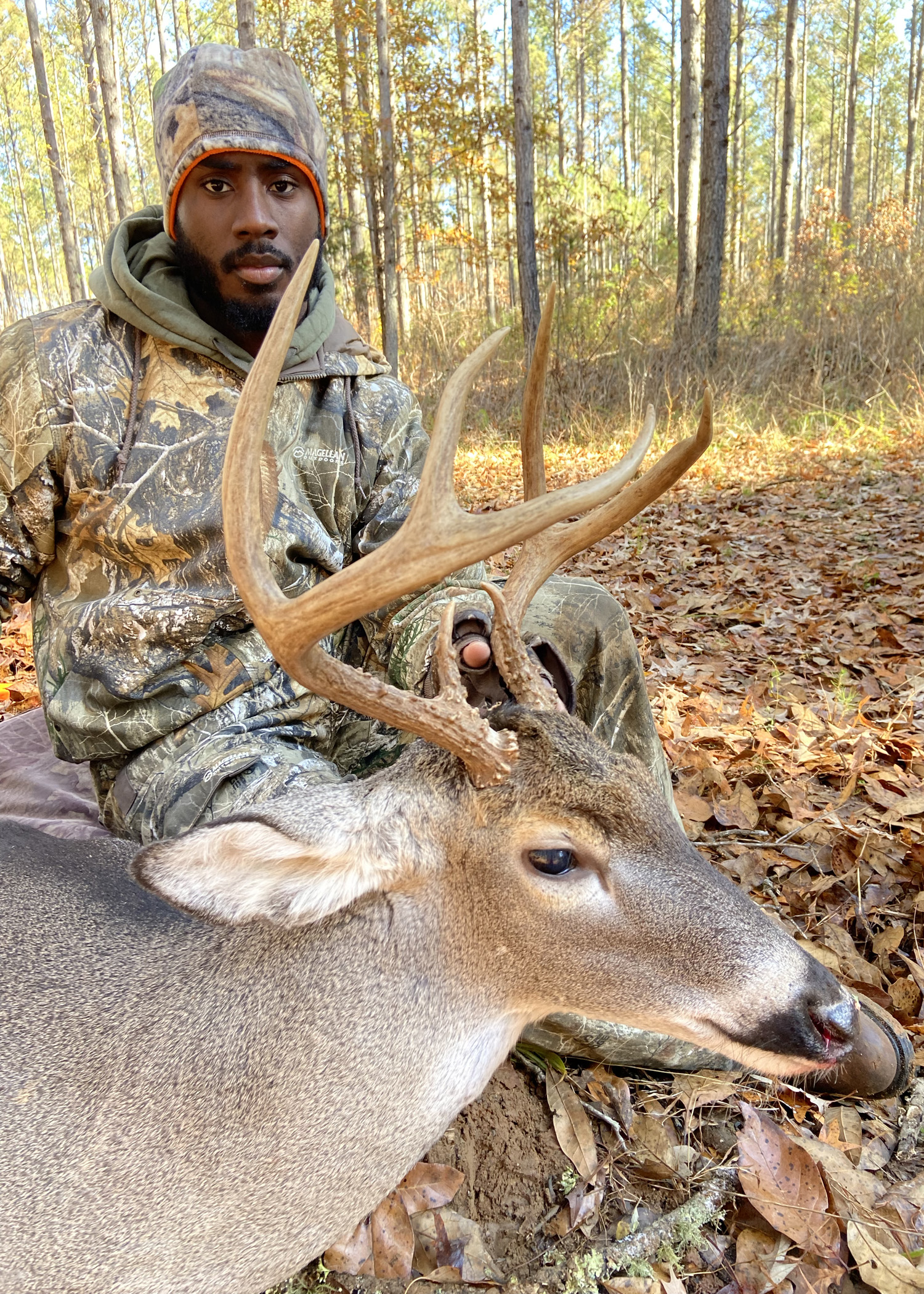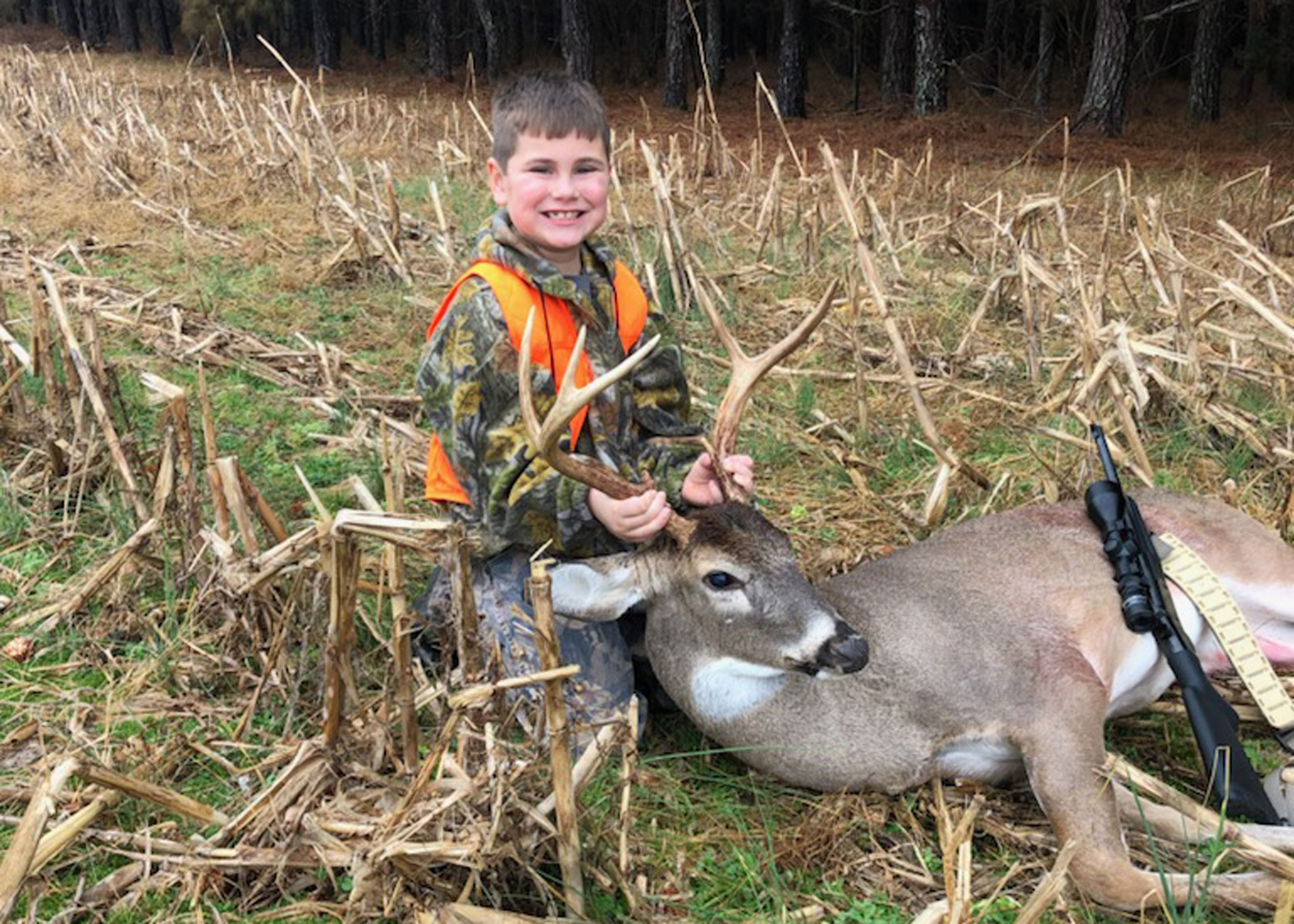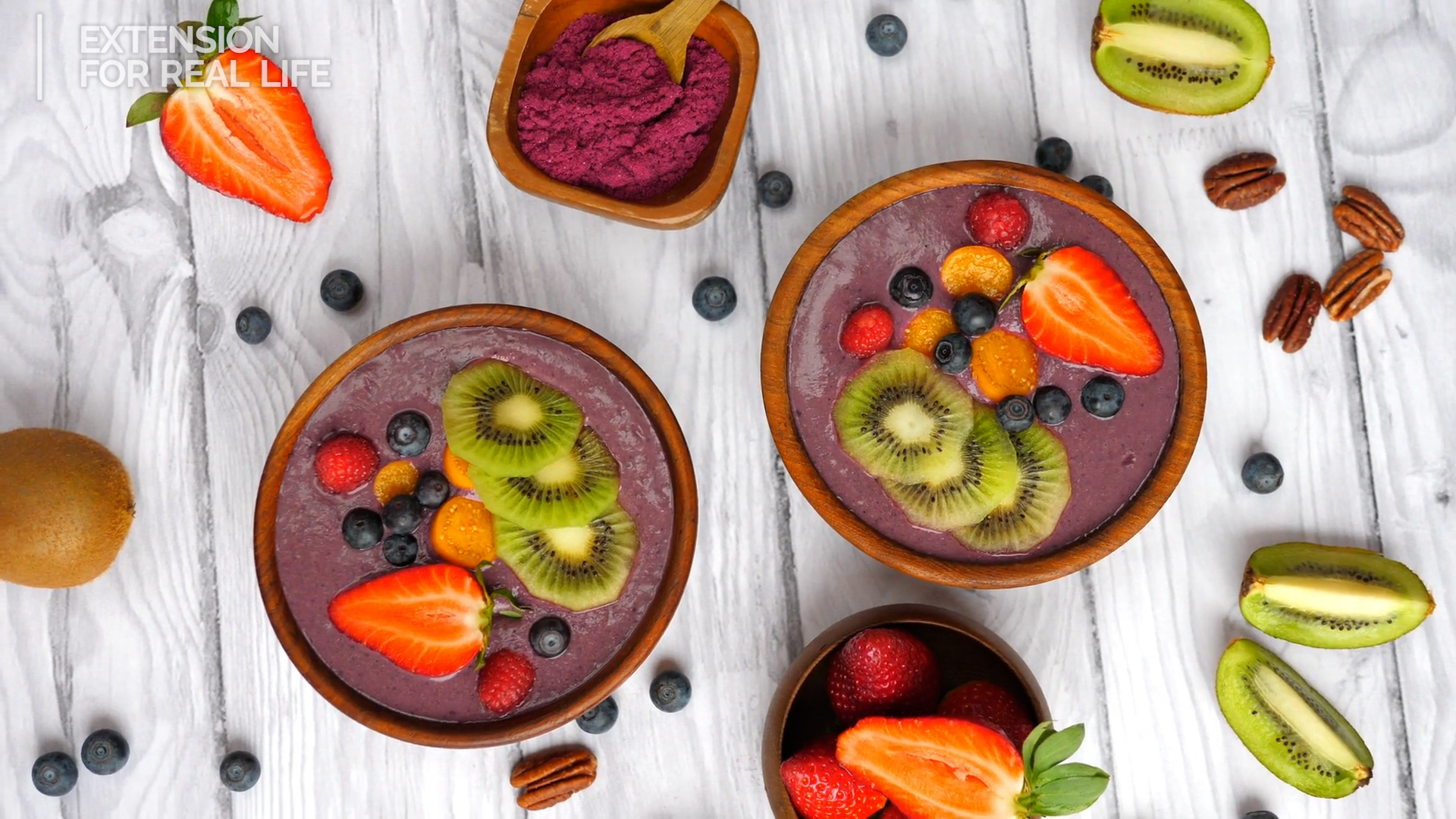On the surface, the Mississippi Aquarium may seem like just a fun destination where people can learn about and get an up-close look at aquatic life and other wildlife. But the purpose of the aquarium is much more profound.
As you travel Mississippi roads, it’s common to spot a corn field or two during your travels. Corn is the fourth ranked crop in the state, bringing in over $700 million each year!
As we move further into the fall season, I wonder if there is a more fitting and fun fruit than a pumpkin? Pumpkins have become a major part of any autumnal or Halloween decoration. And who can resist a fresh pumpkin pie? I know I can’t!
As we all know, good things require time and effort. That same concept applies to having an award-winning yard. You’re probably thinking, “Winter is around the corner. Why should I be worried about my lawn now?” A great spring and summer lawn is made possible by the work you devote to it during the fall.
One of the sights I look forward to each year is goldenrod in full bloom. Beginning in late August and peaking about the third week of September, goldenrods seem to be along the roadsides of every highway and in in every natural area and field. The masses of bright yellow are gorgeous, and it’s hard for me to consider the goldenrod as a weed.
Fruit salsas are fabulous and can add even more dimension to the flavors of your dishes. Try this peach salsa with fish, chicken, or pork.
Hummingbirds are fascinating little creatures and are adored by many people. If you’re a hummingbird lover, you’re probably giddy to have them flock to your yard again this season.
The state’s corn crop suffered through a very hot and dry summer after a later-than-usual planting season, so yields will be lower this year -- but not much lower overall. The U.S. Department of Agriculture estimated the crop was 71% harvested as of Sept. 11. Frequent rains in late August and early September slowed harvest considerably, but growers have been making tremendous progress when sunny weather allows.
Deer hunters are urgently needed to participate in the battle to limit the spread of chronic wasting disease among the state’s prized white-tailed deer population. Chronic wasting disease, or CWD, is a 100% fatal, transmissible, neurogenerative disease. The Centers for Disease Control and Prevention recommend that deer infected with this disease should not be eaten. One challenge of detecting the disease is that until deer enter the last stages of CWD, they often appear completely healthy.
Did you know that some key lifestyle changes can help decrease our risk of cognitive decline or poor brain health? Check out these five tips to begin loving your brain better.


